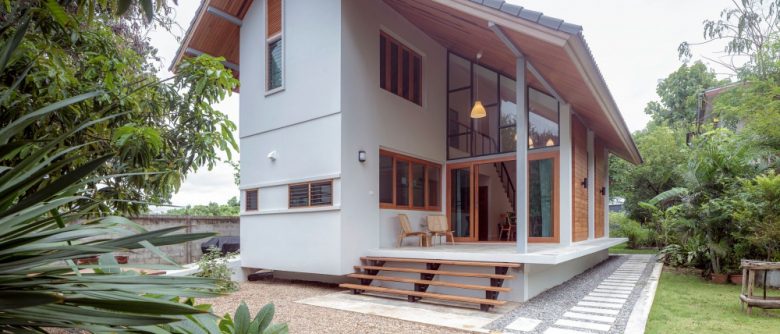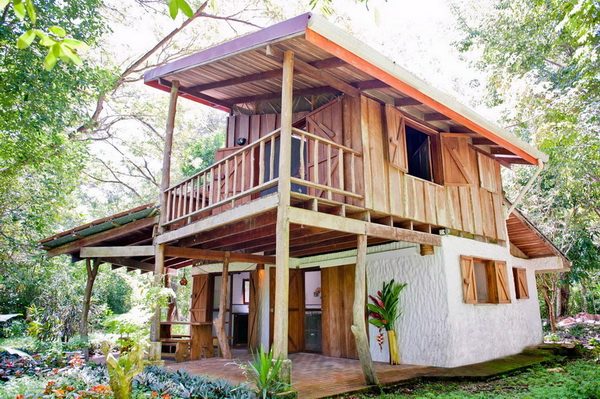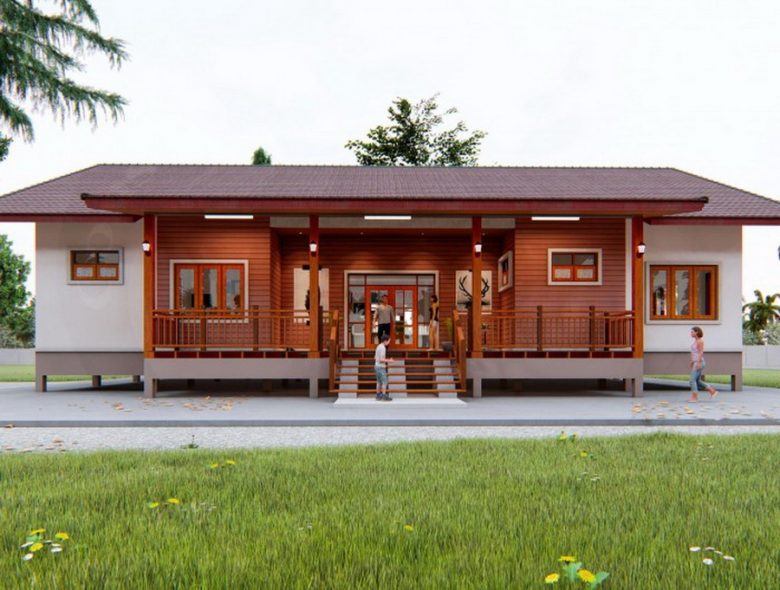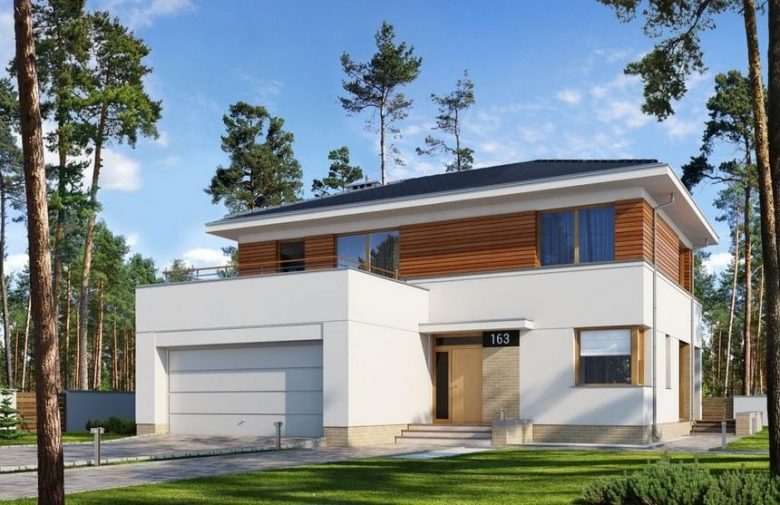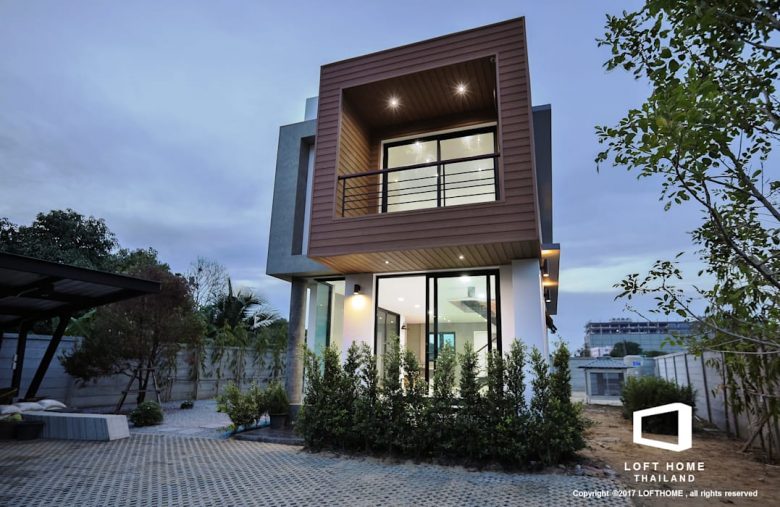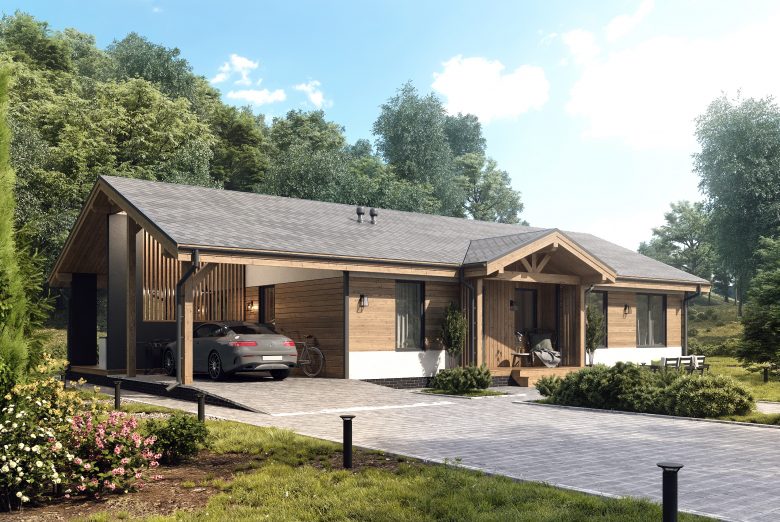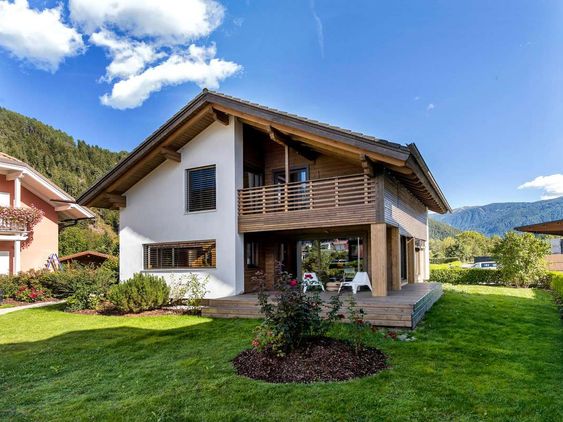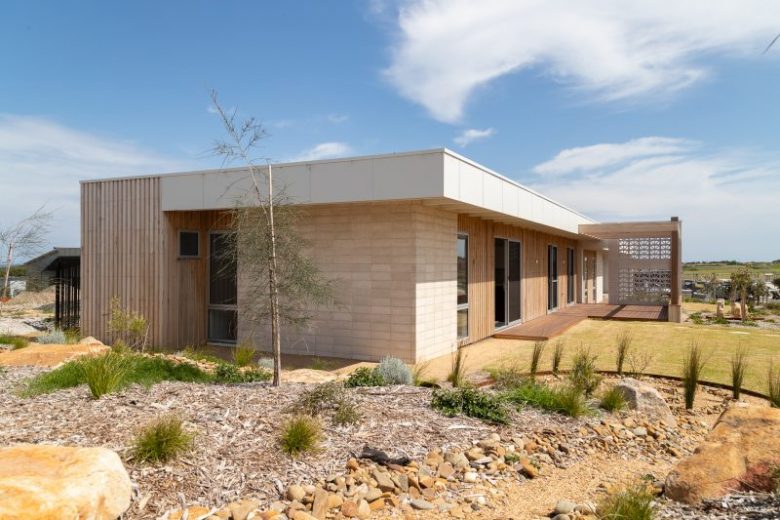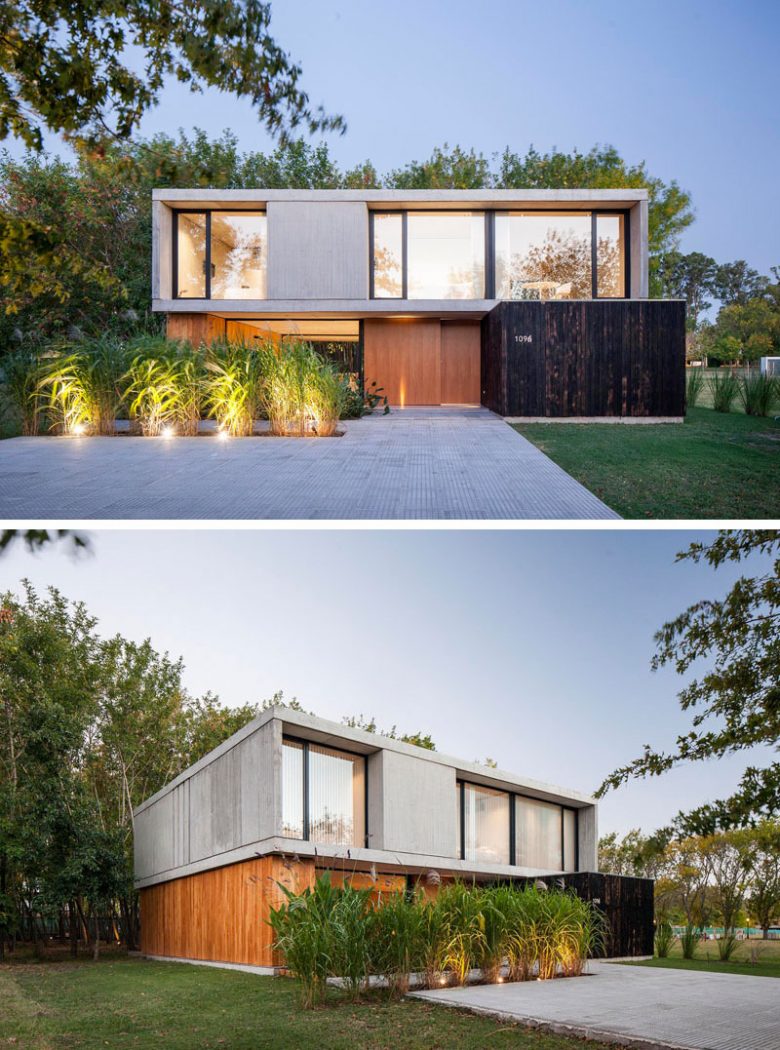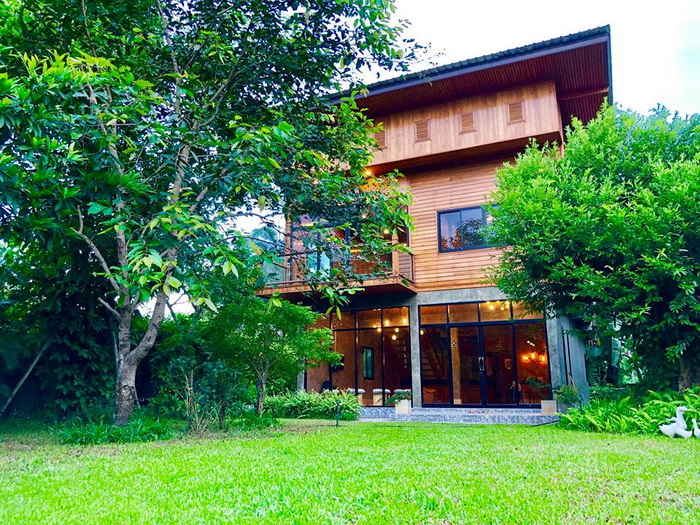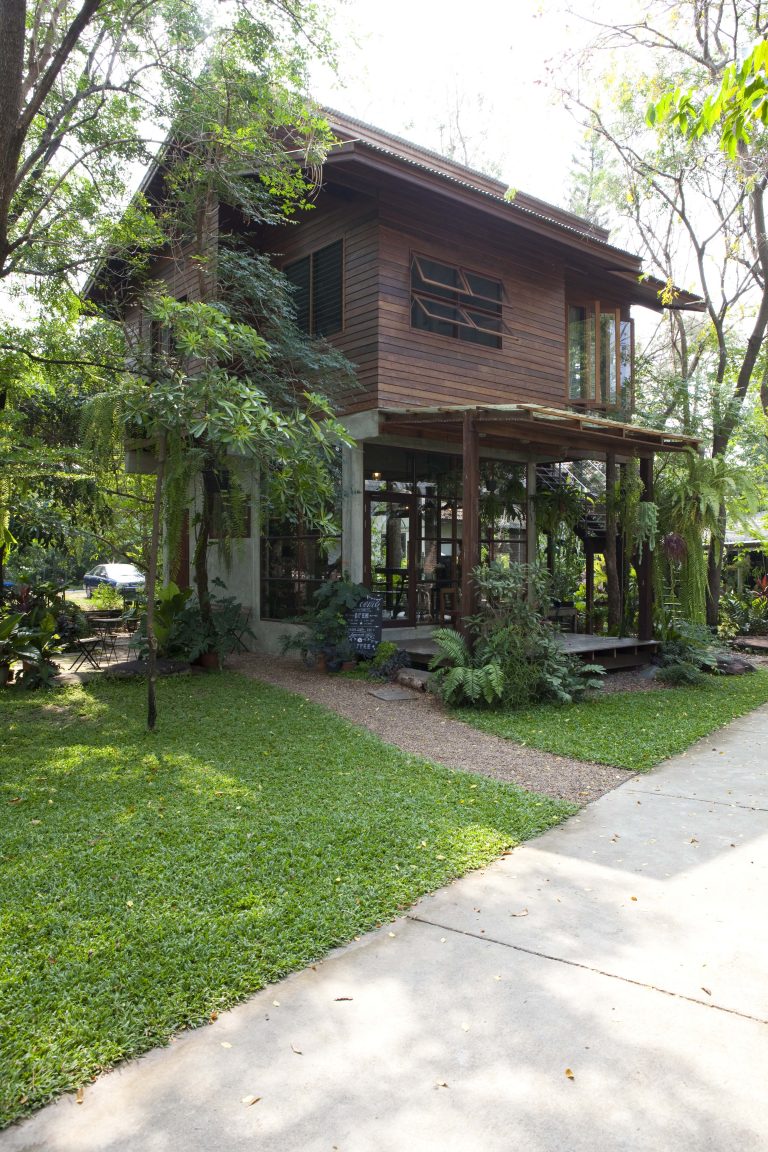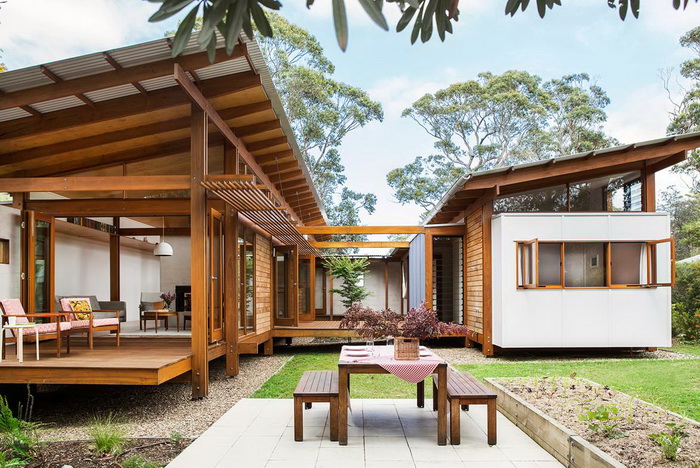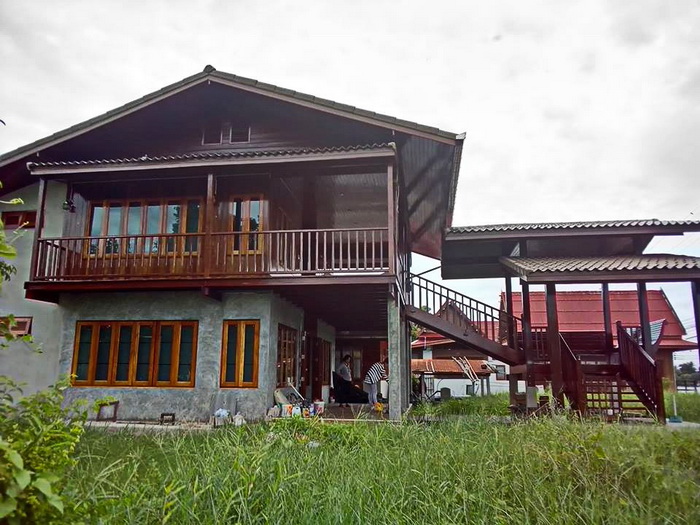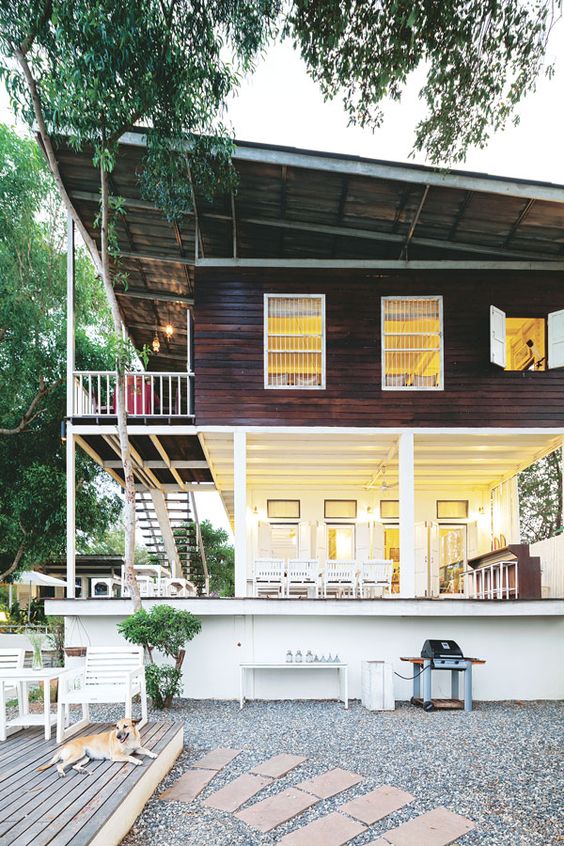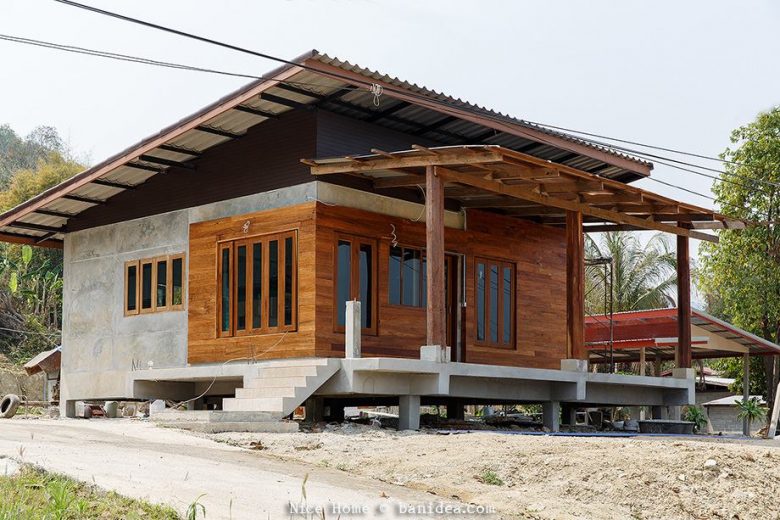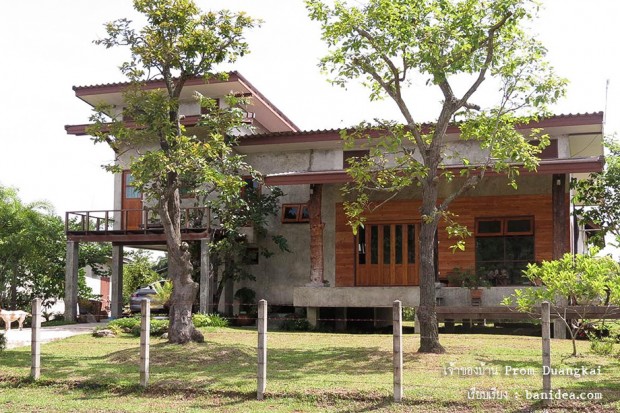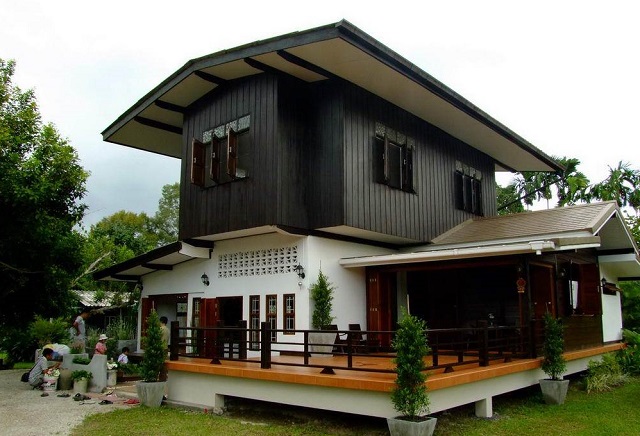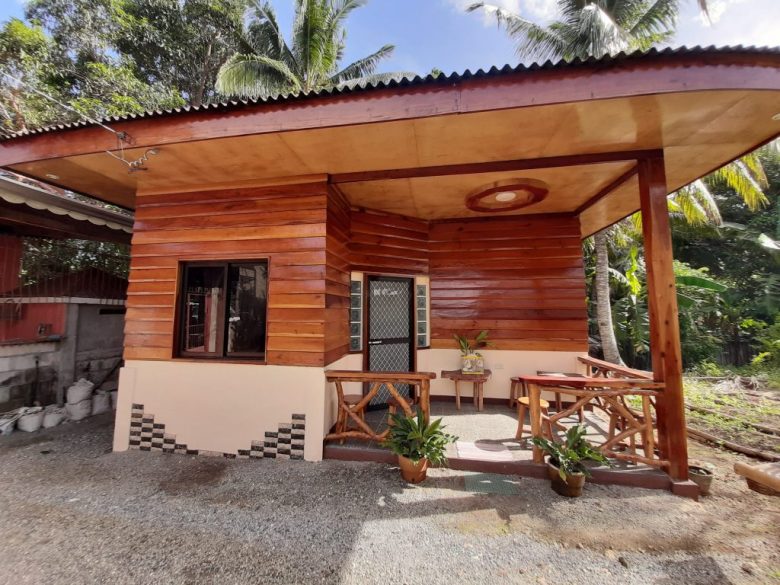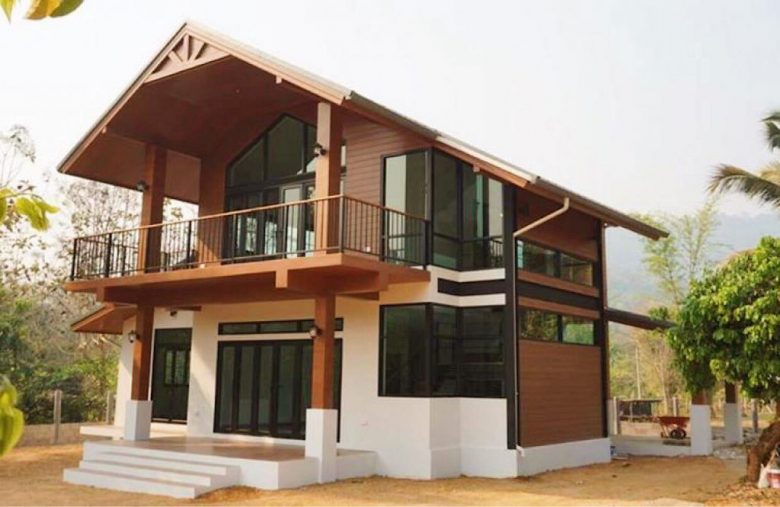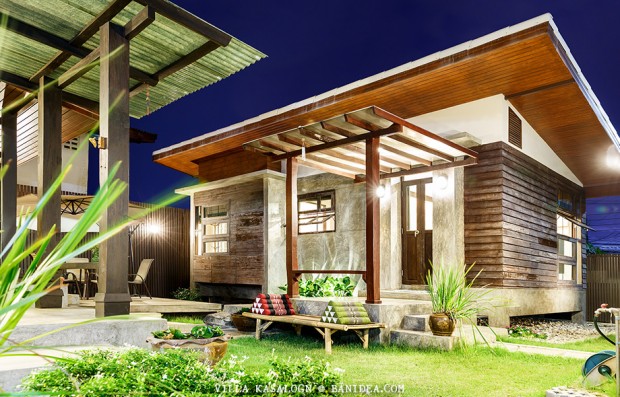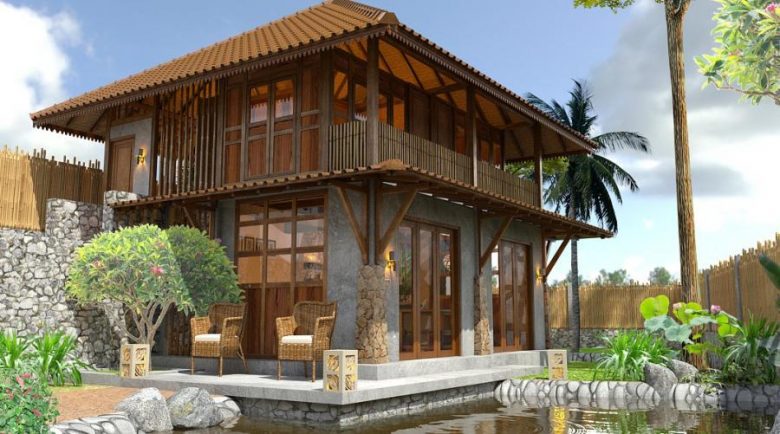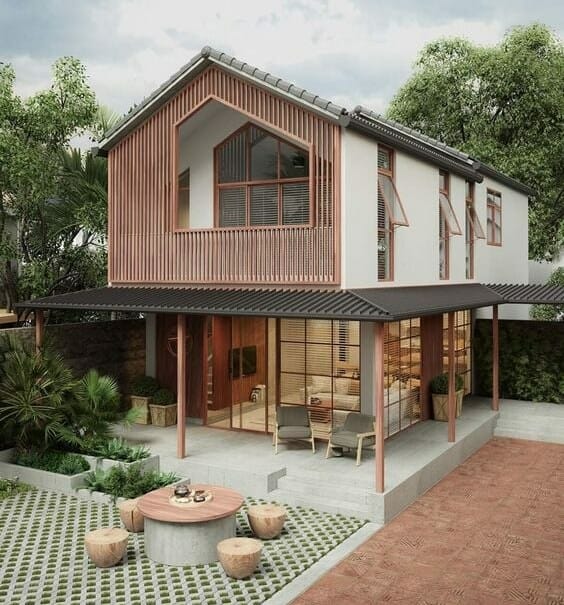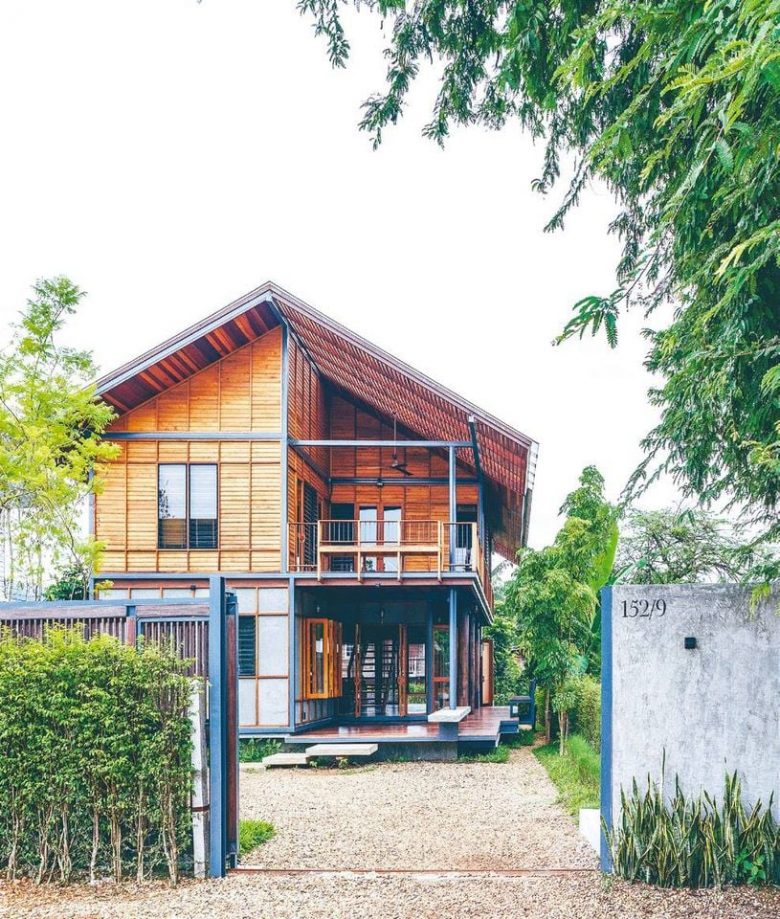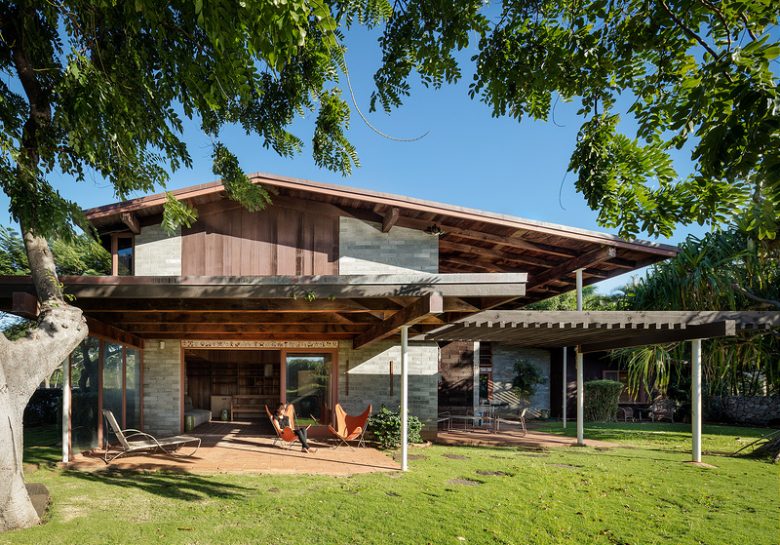
When it comes to home building, some people wonder if it is better to use wood instead of concrete as the main material or at the very least, framing. The former is cheaper and has more variety in designs than the latter. Both materials harbor benefits that are excellent in their own right.
Concrete is straightforward when it comes to showing off its stately characteristics. It is a low-maintenance material with a strong resistance to the elements.
In addition, concrete can also absorb and retain heat, giving the homeowner unique temperature-based advantages that are sure to be useful in today’s work-from-home arrangement.
With all these advantages, it should not come as a surprise that the material is not very cheap, at least to the average client. Meanwhile, plumbing or repair jobs can be a hassle, especially if the system is integrated into the concrete.
Part of the home will have to be broken down and filled in again, which is time-consuming for all parties involved.
Wood is a sustainable building material that is generally inexpensive and lightweight. It is easy to work with and has more detail going for it compared to concrete.
There are numerous kinds of wood material available in the market, with prices going from affordable to exorbitant.
Rarer, more expensive wood types are often sought after for their beauty and durability, but some are difficult to obtain due to their rarity. In fact,some of these rare wood types are classified as endangered resources.
While wood has long been relied on for general construction projects, its vulnerabilities are glaring and sometimes unavoidable. The material is extremely susceptible to natural disasters; fire can ruin it, insects can chew through it, and moisture can put a homeowner’s health in grave danger.
Unlike concrete, wood needs regular maintenance to prevent such accidents from happening.
Concrete, in spite of its simplicity, is favored due to its long-term reliability. Although more expensive than wood, its advantages are undeniable.
Wood, on the other hand, is often associated with being a home design choice or a secondary support material for the structure. It is durable, but against concrete, it is the weaker material.
.
.
.
.
.
.
.
.
.
.
.
.
.
.
.
.
.
.
.
.
.
.
.
.
.
.
.
.
.
.
.
Credit: Pinterest





